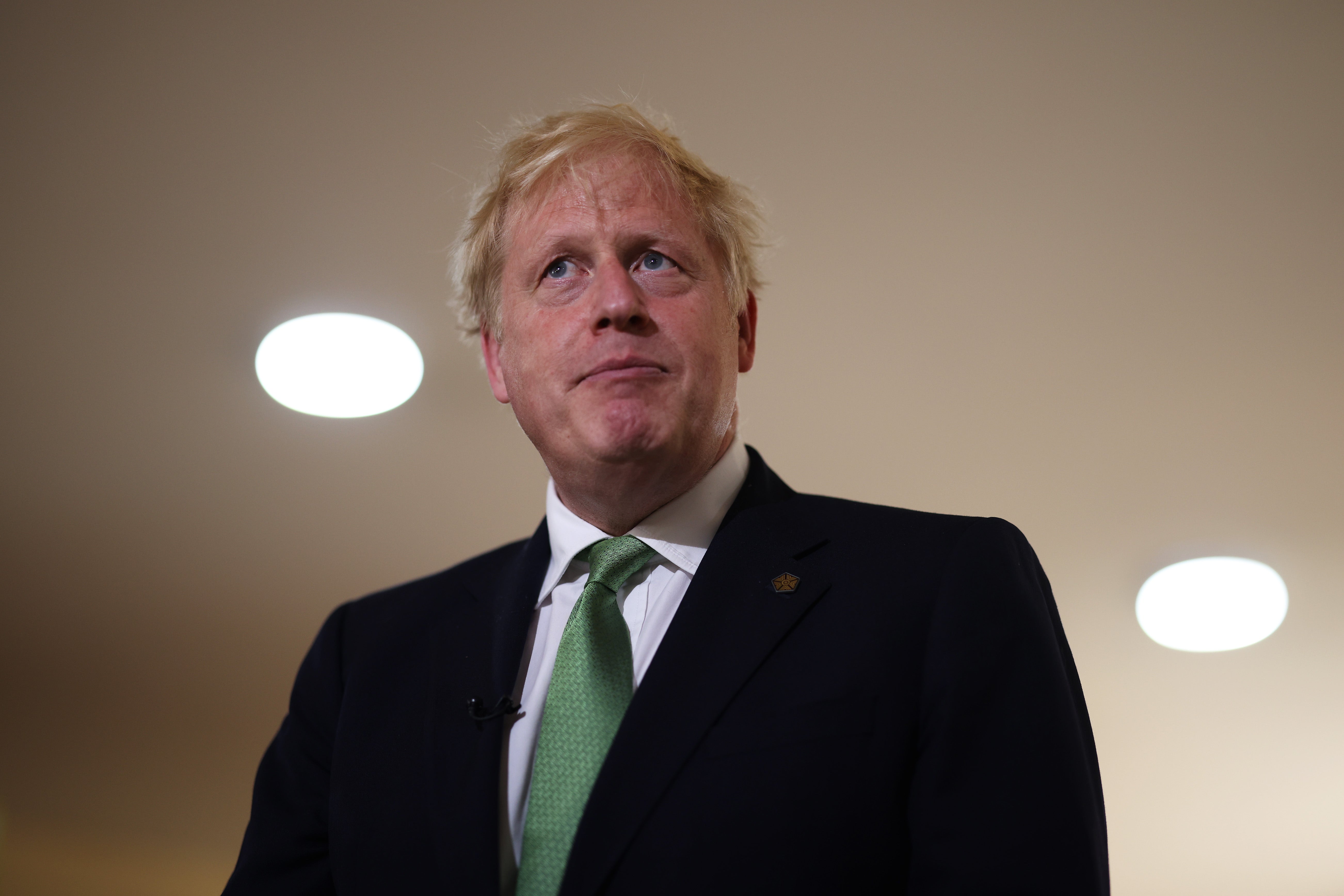Does Boris Johnson really use his bizarre comments to manipulate search engine findings?
This week I came across a theory that has made me completely rethink the way I look at the PM’s peculiar use of anecdotes and allusions, writes Andrew Woodcock


We all know Boris Johnson says odd things from time to time. It’s part of a carefully crafted political persona that seems to go down well with a lot of voters – at least until he starts chuntering about Peppa Pig to the Confederation of British Industry.
But this week I came across an intriguing theory that has made me completely rethink the way I look at the PM’s peculiar use of anecdotes and allusions. It comes from Gareth Morgan of Liberty Marketing Group, who used an article for Open Democracy to analyse some of Mr Johnson’s comments from a digital marketing perspective.
He started with the prime minister’s admission that, when working from home, he finds himself easily distracted by the urge to go to the fridge and eat some cheese.
Like many people hearing this, I was surprised by the PM’s choice of snack. Breaking off from work for a biscuit or a chocolate bar or a bag of crisps must be the experience of millions, but how many are snaffling a slice of camembert in work time? There was an even stronger sense of “Do people really do that?” when the PM revealed that he likes to relax at home by making model buses out of old wine boxes.
When former cabinet minister Jeremy Wright said he loved making complex Lego models, a lot of people might have thought it an odd pastime for a grown man, but few would doubt there are many adults who find it enjoyable. But a 56-year-old painting cardboard boxes to look like buses? That was a little harder to envisage. And why did he particularly mention a wine box, rather than a cardboard box, as most people would have said?
Mr Morgan’s insight is to do with the use of certain highly charged words in the PM’s comments and the way in which they interact with internet search. Type “Boris Johnson cheese” into your search engine of choice, and the chances are you will be presented with a range of reports of the PM’s WFH snack-munching. What you are less likely now to be directed to are stories about the wine and cheese parties at Downing Street during lockdown.
Equally, at the time he made his model bus comments, a search for “Boris Johnson bus” would produce links to his eccentric hobby, rather than to allegations that the slogans on the side of his EU referendum bus were lies. “Boris Johnson model” takes you even now to the story about the buses ahead of those about his affair with former model Jennifer Arcuri.
A search for “Boris Johnson wine” now produces tales of “wine time Friday” parties at No 10. But Mr Morgan suggests that at the time the comment was made, it may well have pushed stories about wine being thrown on a sofa during a row between Mr Johnson and his then-girlfriend Carrie down the search listings.
So the question is whether the prime minister is using stories about his private life as a search engine optimisation (SEO) tool. Does he pick words that have for some reason become sensitive politically and insert them into a more harmless context in the hope of forcing negative stories further down the search results, and positive ones up to the top?
Short of him putting his hands up and admitting the tactic, it’s impossible to know whether this is a remarkable addition to the political “dark arts” or simply a coincidence.
But I, for one, will certainly be looking a little more sceptically at the next charming insight Mr Johnson offers us into his habits and pastimes.
Yours,
Andrew Woodcock
Political editor






Join our commenting forum
Join thought-provoking conversations, follow other Independent readers and see their replies
Comments